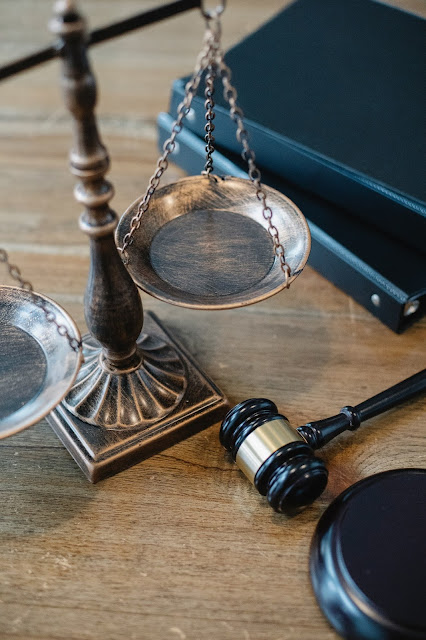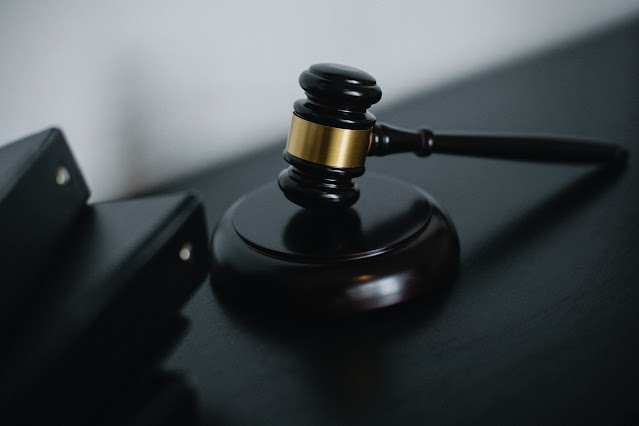Concept of Rights: Conventional Theories of Rights: one-liners notes

• The Concept of rights is a dynamic concept. • Negative and Positive Right: • Negative Rights: these rights suggest the sphere where the state is not permitted to enter. • Freedom of thought and expression implies that the state shall not impose any restriction on individual's thought and expression, it will be described as there negative rights. • Positive Rights: prescribe the responsibility of the state in securing rights of individuals. • The state shall provide universal education to promote its citizens' faculty of thoughts and expression, it will be described as their positive rights. • Conventional Theories of Rights: • (a) Theory of natural rights • (b) Theory of moral rights • (c) Theory of legal rights • (d) Historical theory of rights and • (e) Social-welfare theory of rights • Theory of Natural Rights: • Theory of natural rights represents an early expression of the liberal perspective on rights. • It was very popular in 17th and 19th centurie...














